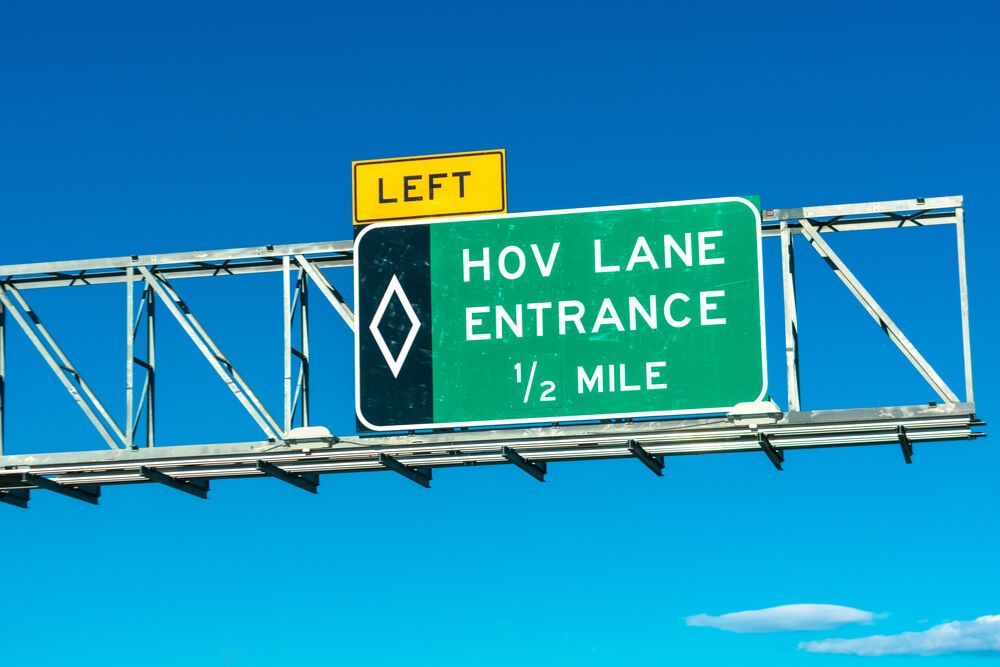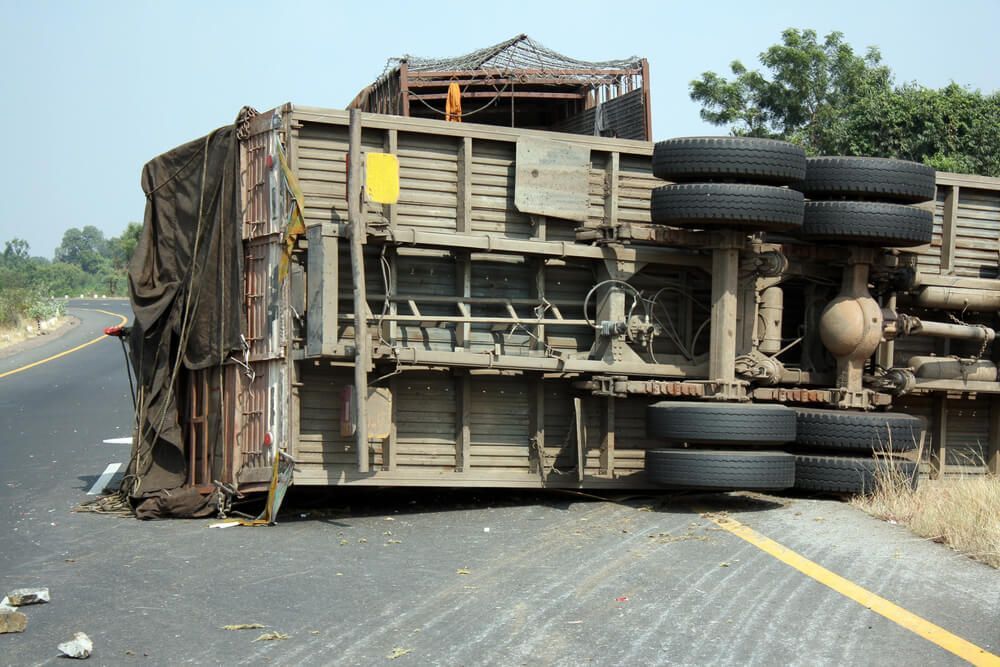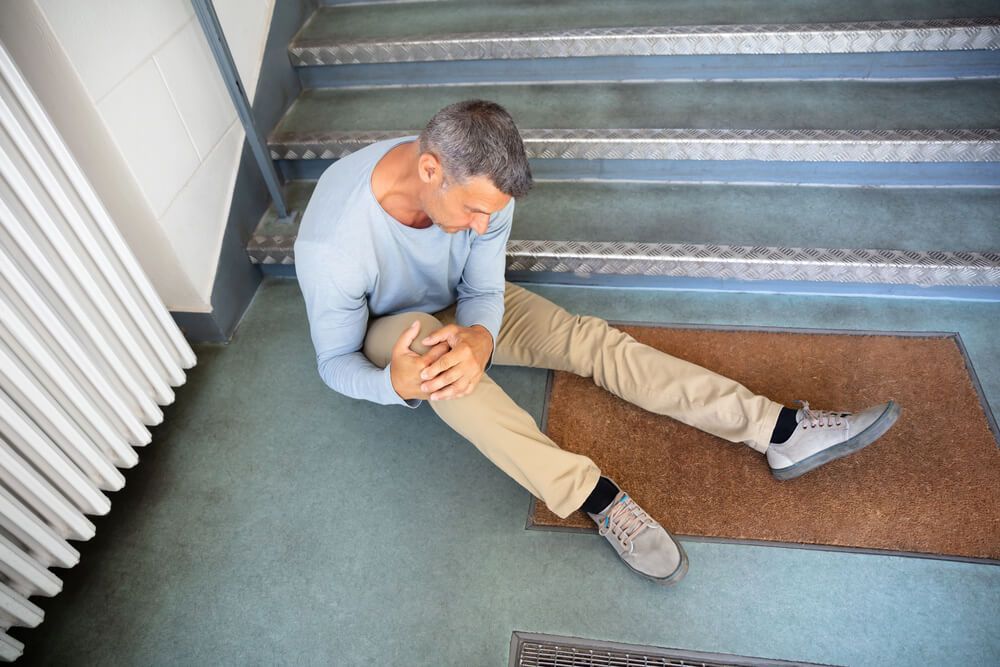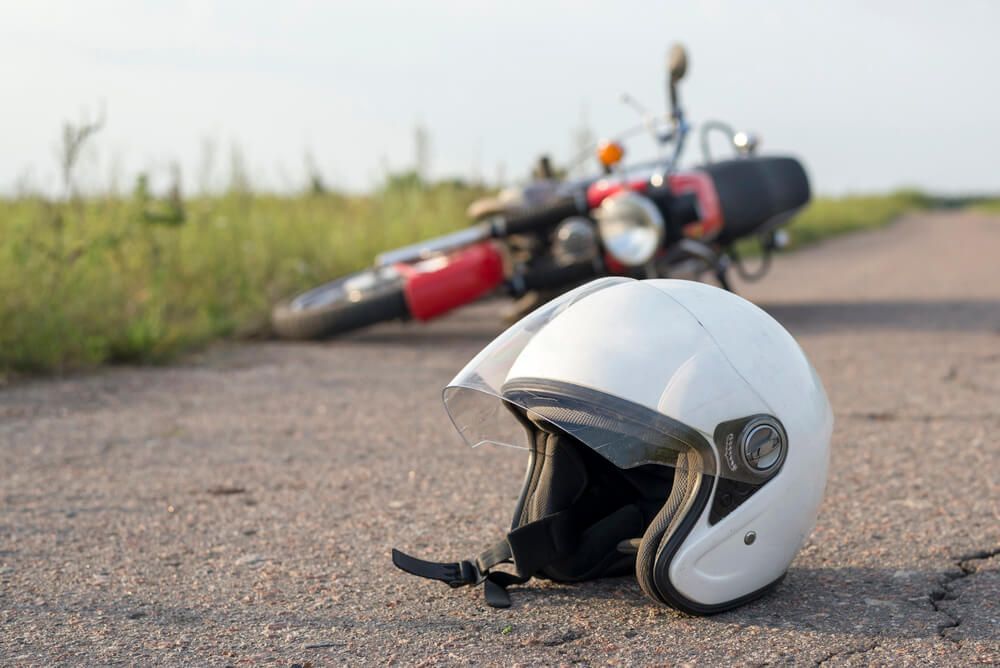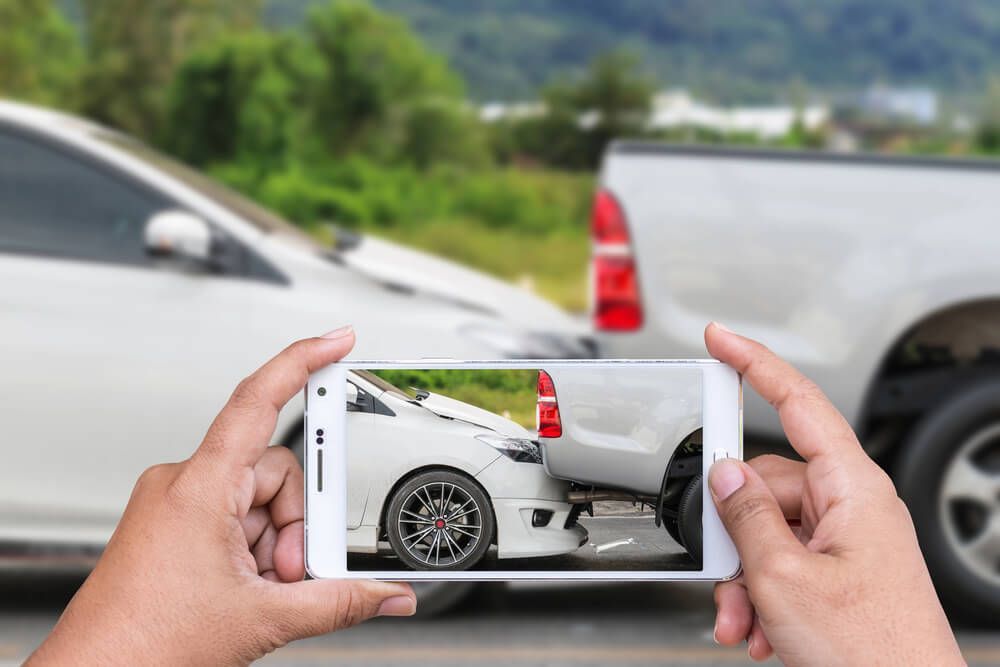How to Avoid Premises Liability Injuries
Recent Blog Posts
How to Avoid Premises Liability Injuries
Think about all of the places that you go during the day, week, or month. Chances are, you can name quite a few different types of establishments, possibly including banks, grocery stores, restaurants, government buildings, schools, and more. Injuries can occur no matter where you are, but you can take steps to avoid sustaining harm on another person's property and a premises liability lawsuit. Additionally, property owners can and should always take steps to keep their premises free from known hazards.
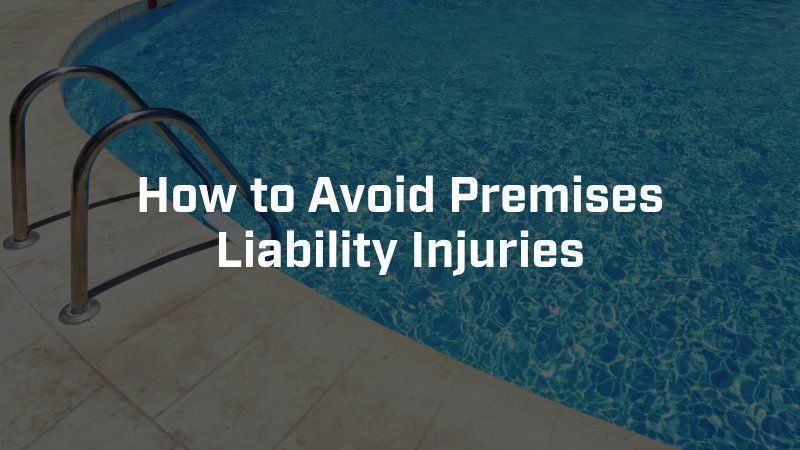
For Property Owners Keep Your Spaces Safe
Property owners have significant responsibilities when it comes to keeping people safe. Anyone who has a right to be on your premises also has a right to expect an environment free from known hazards. Some steps that property owners can make right now to help ensure the safety of their guests include:
- Regular Maintenance and Repairs. Property owners and managers should perform regular inspections of your property to identify any potential hazards, such as loose floorboards, uneven surfaces, or faulty electrical wiring. Promptly addressing these issues can significantly reduce the risk of accidents.
- Adequate Lighting. Ensure all areas of your property, especially walkways, staircases, and parking lots, are well-lit. Adequate lighting helps visitors navigate safely, preventing falls and other accidents caused by poor visibility.
- Clear Signage. Display clear signs warning of potential dangers, such as wet floors, construction areas, or uneven steps. This not only alerts visitors to possible hazards but also demonstrates your effort to maintain a safe environment.
- Secure Loose Objects. Secure or remove objects that could pose tripping hazards, such as rugs, cords, or debris. Additionally, ensure that shelves and fixtures are stable to prevent items or merchandise from falling and causing injuries.
- Implement Safety Policies. Develop and enforce safety policies, especially if your property includes areas with inherent risks, such as swimming pools or gyms. These policies should be communicated clearly to all visitors.
For Visitors Preventative Measures
Anytime you go out of your home, you are essentially going on to someone else's property. You can stay safe by remaining aware of your surroundings and properly anticipating potential hazards. Some steps you can take to increase your chances of not sustaining an injury include:
- Stay Alert. Pay attention to your surroundings and heed any warning signs or barriers. Avoid distractions, including your phone or other devices while walking, that could prevent you from noticing potential hazards.
- Use Appropriate Footwear. Wear shoes suitable for the environment you're visiting. For example, avoid wearing heels or flip-flops in areas where the ground may be uneven or slippery.
- Follow Posted Rules and Guidelines. Respect any posted rules or guidelines, such as not entering restricted areas or adhering to safety instructions in recreational facilities. These rules are in place for your protection.
- Report Hazards. If you notice a hazard on another person's property, report it to the owner or manager. This not only helps prevent accidents but also shows a proactive approach to safety.
- Exercise Caution in Adverse Weather Conditions. Be extra cautious during adverse weather conditions, such as rain or snow, which can make surfaces slippery and visibility poor. Take your time, watch your step, and use handrails when available.
If you do sustain an injury on someone's property, consult with a Phoenix lawyer specializing in personal injury lawsuits.
